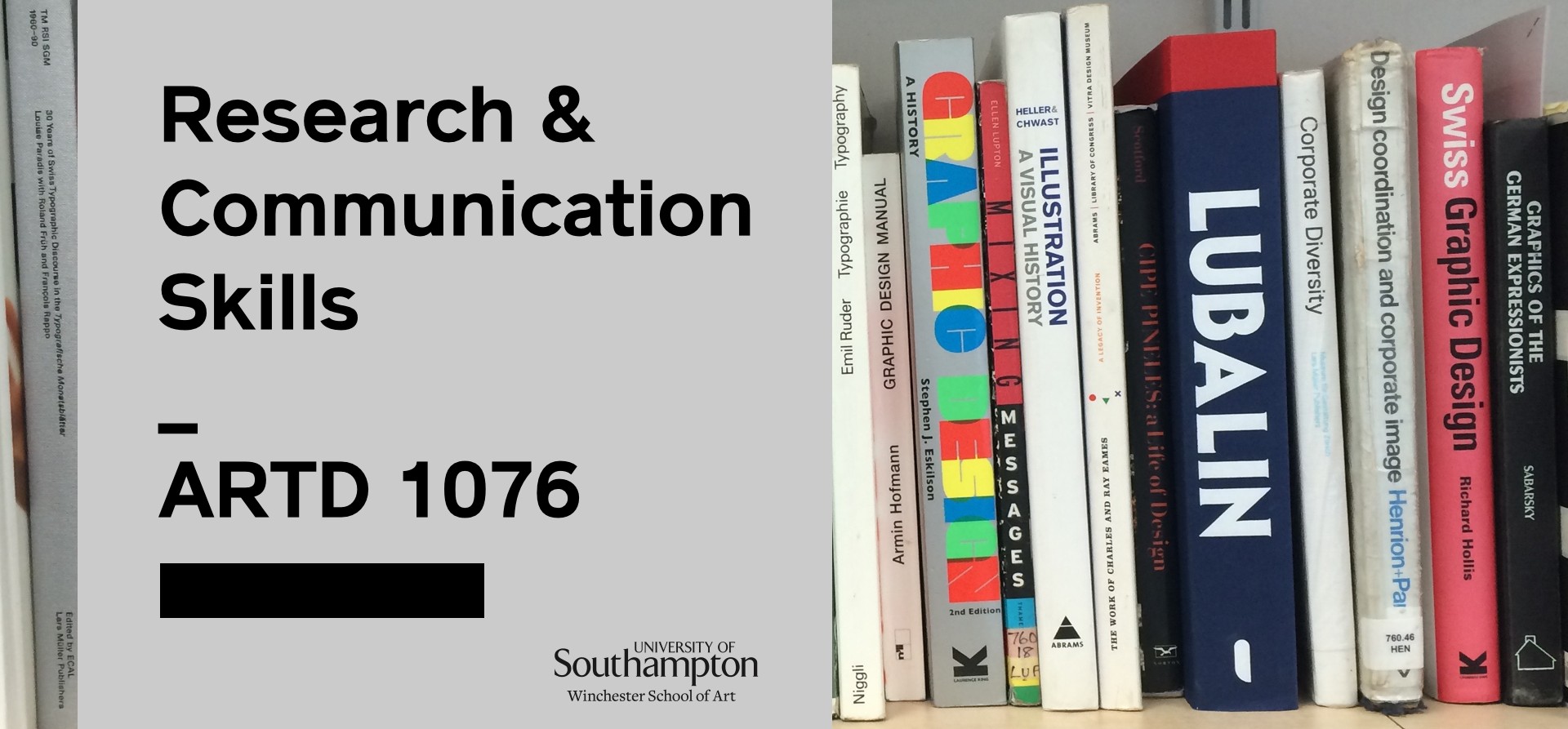– What do you see as the positives and negatives around copyright?
The copyright law, as it stands today, doesn’t quite work as well as it should; while it is great in some ways, it falls flat in others.
“The primary purpose of copyright law is to protect the creators of new works from unauthorized duplication.” (Hamel, N/A)
In theory the copyright law does work this way, as soon as you create a unique, physical product, you own the rights to it and no one else can duplicate it in anyway without your permission. This takes out the hassle of trying to register your product with proof of it being your idea straight away and, if no one challenges you or tries to copy your work, you need not worry about anything else. This is an excellent way to incentivise creativity however, there are also some deterrents towards being creative. Since the copyright law can be so strict and unforgiving, there is almost no chance of being able to use another product as a base for inspiration without being flagged.
Money is an important aspect of copyrights. If someone else does happen to copy your work and you want to challenge them to a lawsuit, you are required to pay a fee to officially register your product; this can put off smaller businesses who then lose out on their ideas. It also costs a lot of time to be able to get access to use someone else’s work or to prove that work belongs to you – again favouring big companies with more time and money.
– Is it possible to make anything new?
“I do believe that it’s still possible to create unique things in the contemporary world, and the usage of the same symbols by different people doesn’t mean ‘stealing,’ but an attempt to use the universal language in one’s own way.” (Glynska, 2016)
This quote stood out to be because it defines how we work as humans; we want to be individual, but we conform because it is easier to relate. This way of life means that we set trends as groups that slowly adapt into other trends. This is very apparent in the art world with clearly defined eras of art throughout time. What I think this all means is that certain parts of the things we create must be familiar. Writing a book in an existing language isn’t considered unoriginal because the reader needs to be able to understand it; let’s say that ninety percent of the ideas behind the story will already exist but it’s what the author does with the remaining ten percent that makes it a unique book. It’s the same with video games, developers must make games that contain enough familiarities from other games so that players know what is going on, but also include enough original ideas to make the game different.
Take the zombie apocalypse genre for example. This genre has been played out a lot over the last few years due to its initial popularity but still some titles stand out (such as The Last of Us) because they’ve taken this idea and added their own twist.
References
Glynska, M., 2016. Huffington Post. [Online]
Available at: https://www.huffingtonpost.com/marianna-glynska/is-it-possible-to-stay-un_b_13501556.html
[Accessed 3 December 2017].
Hamel, G., N/A. Chron. [Online]
Available at: http://smallbusiness.chron.com/pros-cons-copyright-laws-52554.html
[Accessed 3 December 2017].
